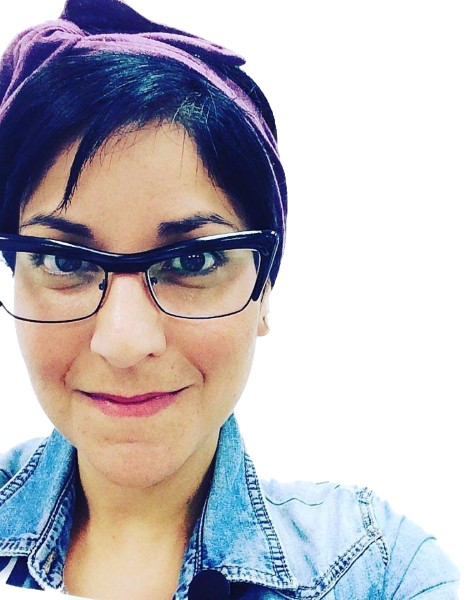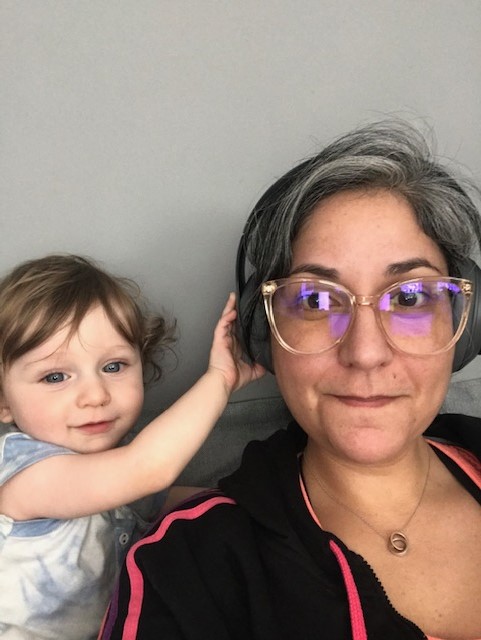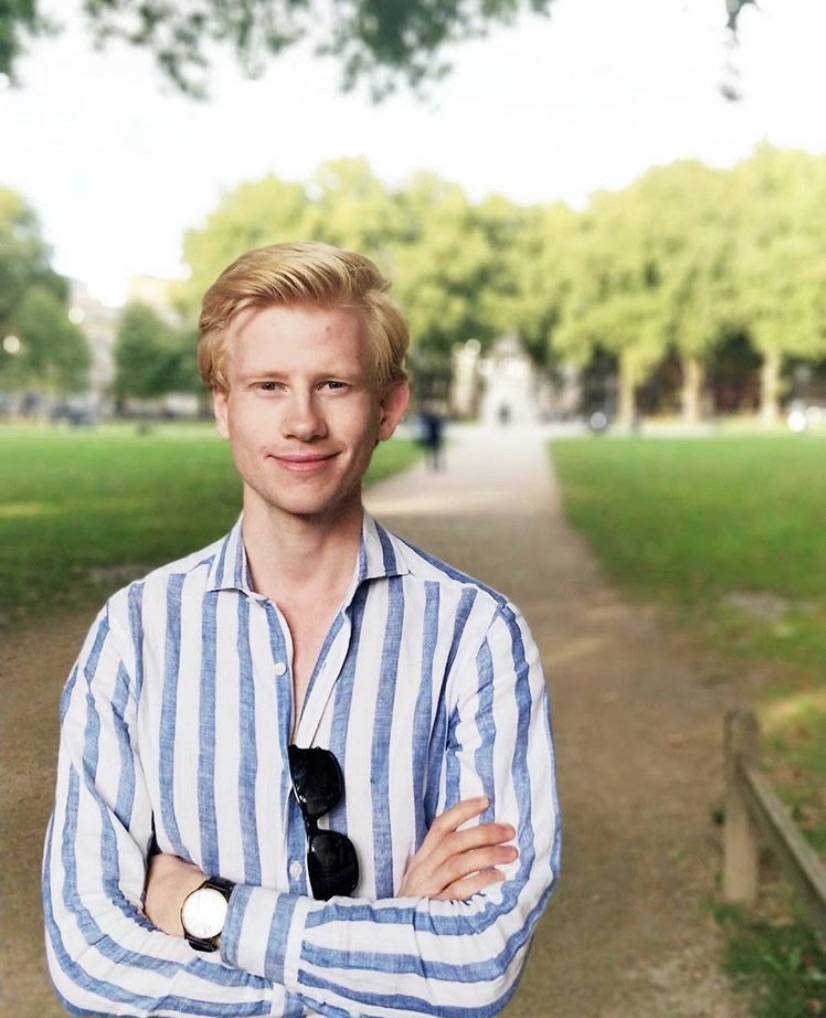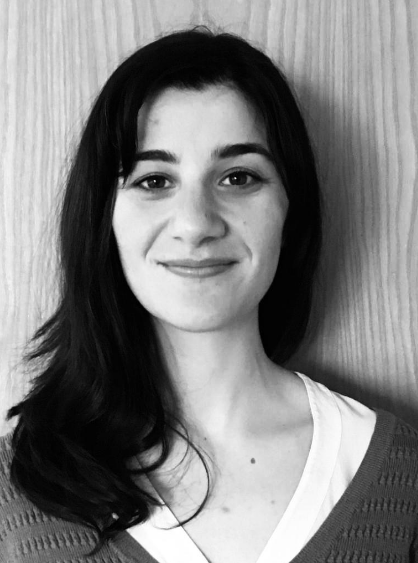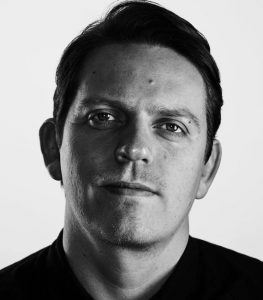Sarah Wissing graduated from the MSc Career Management and Coaching in 2020. She shares her #BBKStory.
 I’ve always been drawn to supporting people and their welfare – on a night out, I’m that person who makes sure everybody gets home safe! In my role in HR, I’m interested in helping people develop and giving them the tools to flourish at work.
I’ve always been drawn to supporting people and their welfare – on a night out, I’m that person who makes sure everybody gets home safe! In my role in HR, I’m interested in helping people develop and giving them the tools to flourish at work.
I’d known about Birkbeck’s MSc Career Coaching for a few years and finally decided to take the plunge after going along to an open day and meeting the Programme Director Janet Sheath, who was really lovely.
Studying for a Master’s part-time whilst working full-time was quite intense – there was a lot less going out to the pub! Luckily, my work was very supportive and the temporary sacrifice to my personal life was definitely worth it.
My undergraduate degree was in English and French and I’d done a Master’s in English ten years before starting the MSc, but this course was completely different. I remember totally freaking out in my first term when I failed my first essay, but Janet was really great and Birkbeck’s study support tutors were so helpful and I ended up graduating with a merit.
During our coaching weekends there’d be about ten of us and our two tutors – we did practical sessions where we coached each other and received real time feedback. We really got to know each other and it was a very supportive environment.
I also completed a placement in Birkbeck’s Careers Service, where I was assigned students to coach and given supervisions to talk about any challenges I was facing in that role.
The coaching skills I’ve gained on the course and the insight through my research project on Dyslexia in the workplace has really supported me at work: I love helping people to work at their best and am particularly excited about supporting neurodivergent individuals. Alongside my current role, I also operate as a freelance coach.
Studying coaching has made me an all-round better human – it’s about being an ethical person, in and out of work, and making people feel at ease. It equips you with the tools to support wellbeing and help people find happiness in their work and personal lives in an evidence-based way.
I never really have a five-year plan and the Master’s was the same, it just felt like the right thing to do at the time, and I’ve really enjoyed the process of studying and being at university again – nothing bad can come from a bit of education!
Further information:

